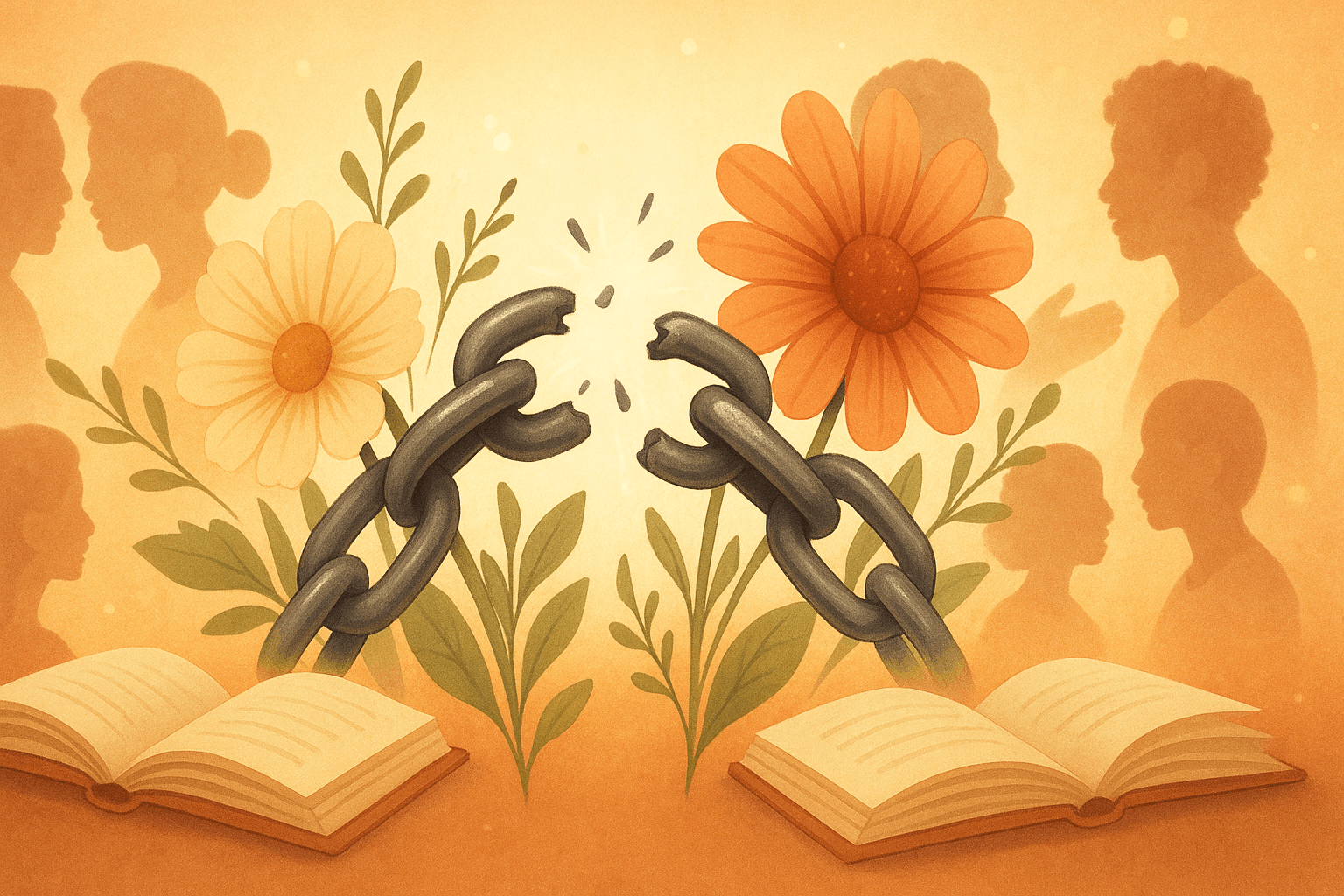Breaking the Chains of Ignorance and Shame in Sexuality

Sexuality is a fundamental aspect of human life, yet it often comes wrapped in layers of ignorance and shame. In "The Common Sense of Sex," the author dives deep into these themes, revealing not just their origins but also their pervasive impact on our relationships and self-perception.
From the outset, we learn that ignorance surrounding sexuality is not merely a personal issue; it’s a societal one. The chapter on "Misplaced Energy" highlights how cultures steeped in repression—especially those influenced by Puritanical values—create an environment where sexual desires are viewed with suspicion. This fear-based approach can lead to misplaced energy: excessive sexual cravings manifesting as moral crusades or fervent religious zeal. It’s a vicious cycle where shame drives people to extremes, often pushing them away from a healthy understanding of their own sexuality.
As we journey through the book, it's clear that societal attitudes have long dictated what is considered acceptable in sexual expression. In "The Common Sense of It," the fear of pregnancy and societal pressures can render sexual intimacy a source of anxiety rather than joy. The challenge becomes how to navigate these fears while fostering deeper connections with our partners. Does reliance on contraceptives really solve the problem, or does it merely mask underlying issues? The author encourages us to view sexuality as an art form rooted in love and mutual respect, rather than a battleground of shame.
One of the most eye-opening chapters discusses the necessity for tailored sexual education. The author argues that ignorance is often paired with prejudice, leading to a lack of understanding of individual differences in sexual response and desire. Parents are urged to have open dialogues about sexuality, creating a safe space for their children to explore their identities. This proactive approach can combat the shame that many carry into adulthood, often stemming from silence and misunderstanding.
Freud’s insights in "Abnormal Sexuality" further challenge the stigma surrounding sexual expression. By linking childhood experiences to adult sexual behavior, the text invites us to reconsider how much of our shame is rooted in unresolved issues from our past. Rather than viewing these experiences as perverse, we can begin to see them as natural parts of our development. This reframing is essential if we are to break free from the chains of ignorance and shame.
The conversation becomes richer when we explore the concept of a "third sex" in Carpenter’s chapter. This notion of transcending traditional gender binaries forces us to confront the limitations of our understanding of sexuality. What if the traits we’ve deemed as masculine or feminine are merely constructs of a much broader spectrum? This perspective can help alleviate the shame felt by those who identify outside conventional norms, opening the door for more inclusive discussions about sexual identity.
As we reach the chapter on "The Art of Love," the message becomes crystal clear: love and sexuality should be celebrated, not shamed. Ellis’s concept of "forepleasure" suggests that the journey to intimacy can be as fulfilling as the act itself. By fostering deeper emotional connections, we can cultivate a more profound sense of fulfillment in our relationships, moving beyond the superficiality that often plagues modern love.
In the end, breaking the chains of ignorance and shame isn't just about changing our individual perceptions; it’s about transforming society as a whole. As we learn to view sexuality through a lens of understanding and acceptance, we pave the way for future generations to embrace their desires without fear. The challenge now lies in how we choose to navigate this journey—will we continue to live in the shadows of ignorance and shame, or will we step into the light of knowledge and acceptance? The choice is ours, and it starts with open conversations and a commitment to understanding ourselves and each other better.
Books: The common sense of sex
Authors: James Oppenheim
Publishers: Public Domain